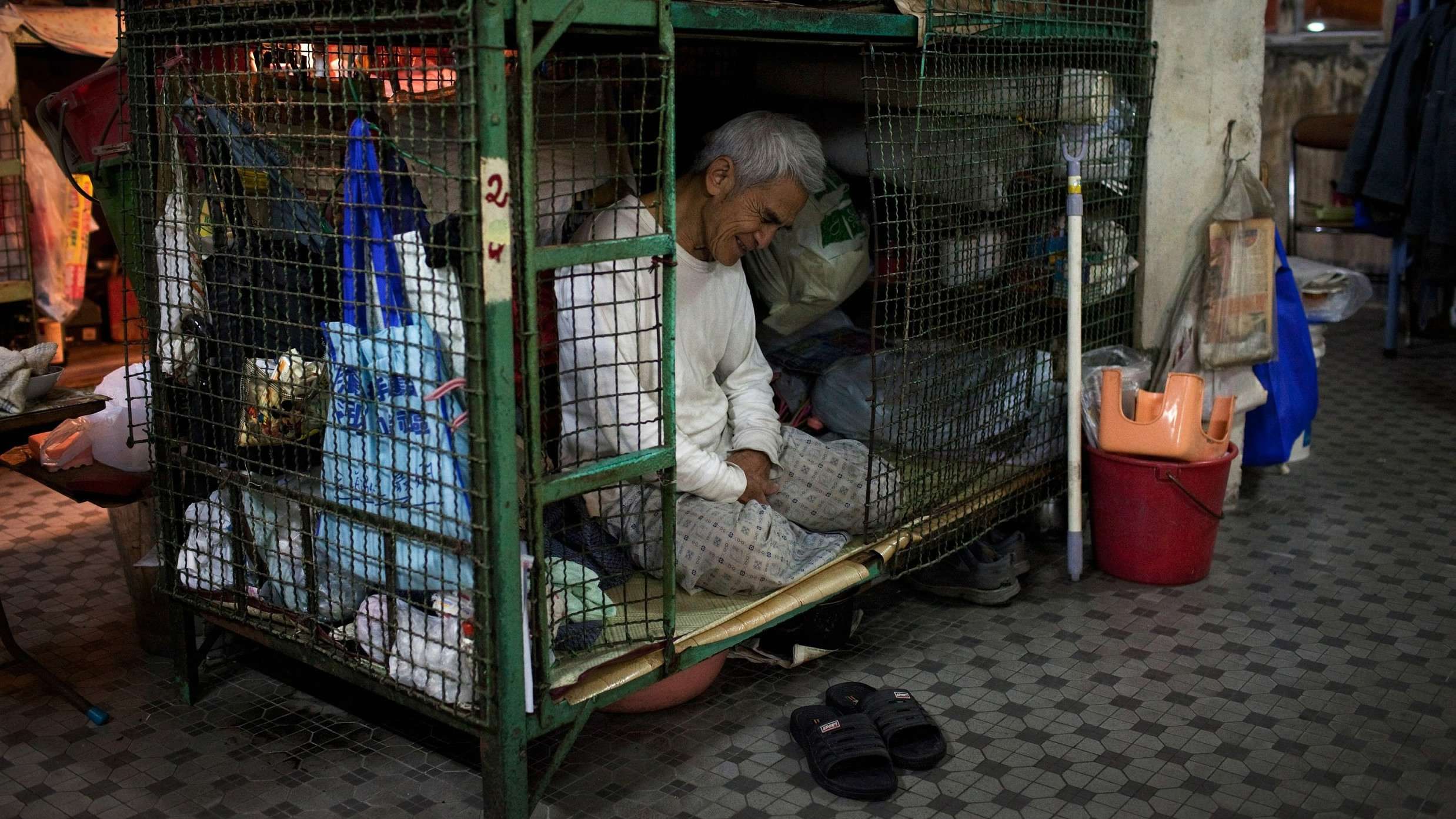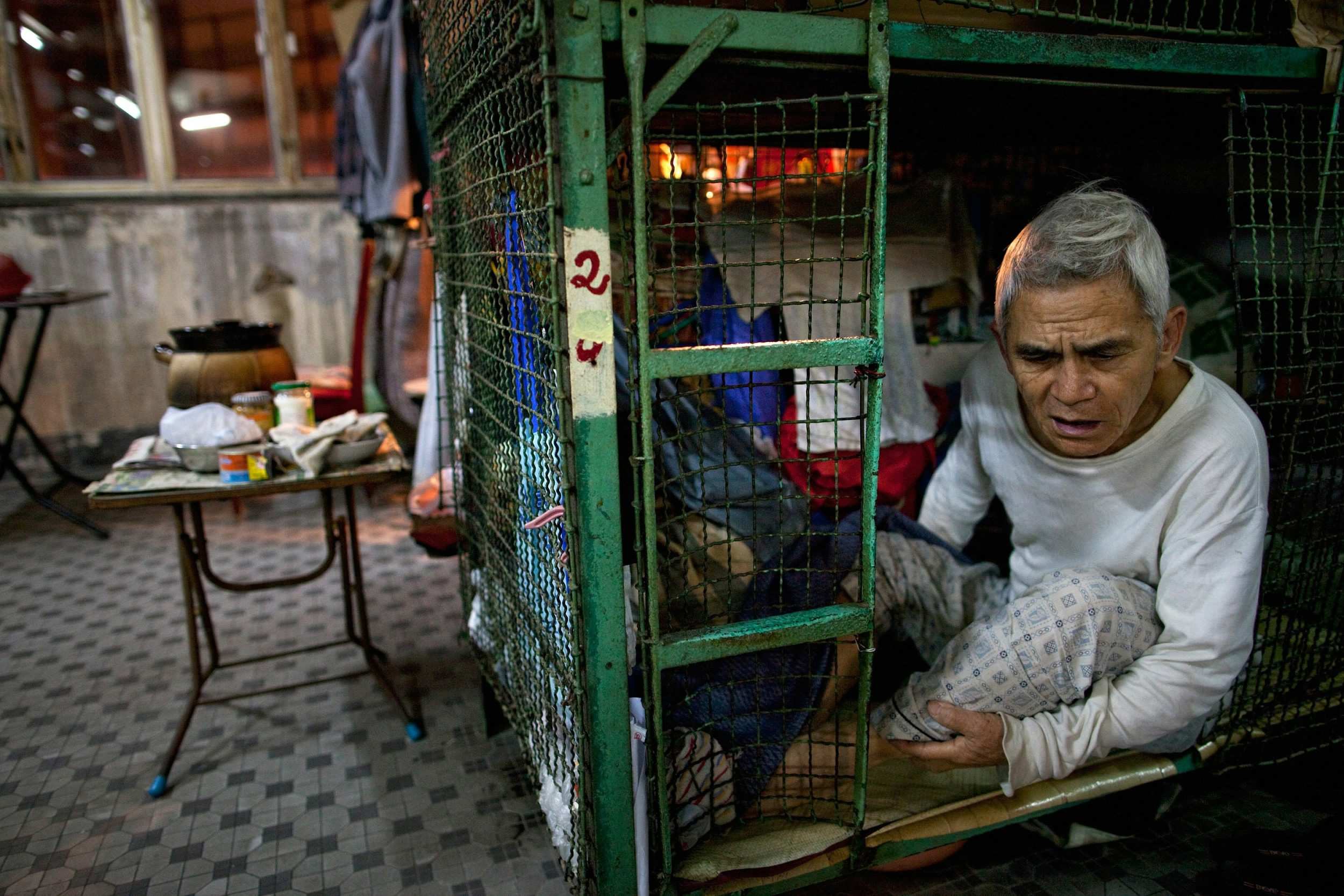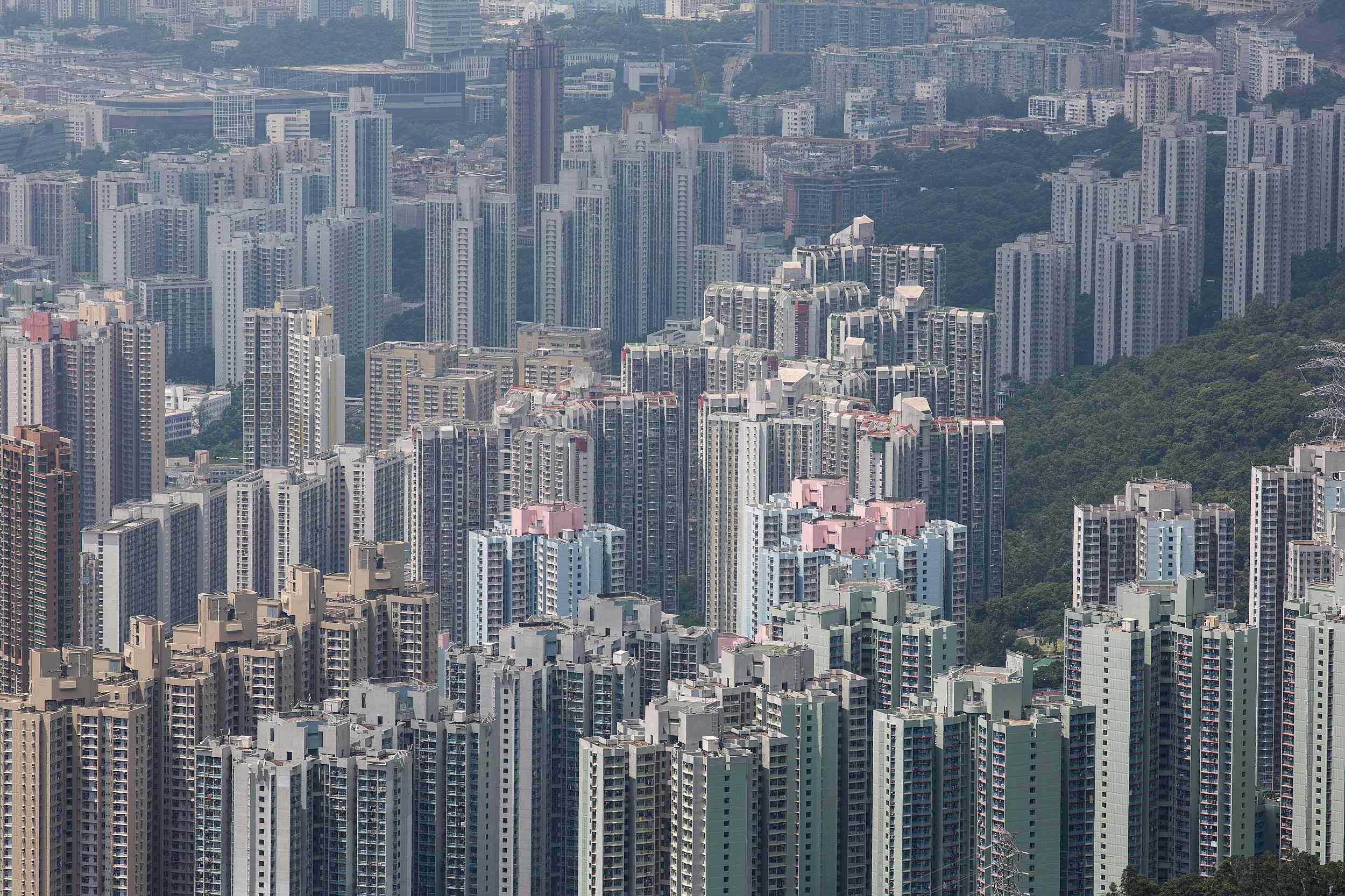
China
12:24, 11-Jun-2017
Household income inequality at record high in Hong Kong

Household income inequality in Hong Kong has hit a record high last year despite widening at a slower pace, according to a recently published government census – a situation that highlights the challenges awaiting the Special Administrative Region’s incoming Chief Executive Carrie Lam Cheng Yuet-ngor.
The wealth gap between the rich and the poor has been markedly on the rise in the past decade, with the average income of the richest families in the region 44 times higher than that of the poorest family.
The Gini coefficient, a measure of income disparity, was at 0.539 in 2016, up from 0.537 in 2011, the Household Income Distribution Report issued by Hong Kong Census and Statistics Department has shown.

CFP Photo
CFP Photo
The figure is the highest since Hong Kong started keeping records of the index in 1971.
The Gini coefficient ranges between 0 and 1, with the former indicating perfect equality where every household in society has the same income while the latter reflecting perfect inequality.
An index between 0.3 and 0.4 corresponds with a relatively reasonable income gap, according to UN standards.
According to the United States Census Bureau, New York’s Gini figure stood at 0.551 in 2015 – arguably, the highest in the world.
The report shows that the median monthly income of Hong Kong’s richest families hovered around 112,450 HK dollars (around 14,400 US dollars) last year, while the poorest only made 2,560 HK dollars (328 US dollars) per month on average.

CFP Photo
CFP Photo
A rapidly aging population is the reason behind the higher income gap, the department noted.
Commissioner for Census and Statistics, Tang Wai-kong said the increasing number of retired people and smaller households are the roots of the statistical results.
The retiring population in Hong Kong raised by 50,000 in the past five years, and smaller households, including single parents and young working adults, generally have lower income than the average level.

CFP Photo
CFP Photo
Tang noted that the Gini coefficient did not precisely reflect the reality as citizens’ real estate assets, a contributor to income in the region along with salary, were not included in the survey.
“If the taxation and social benefit are counted in, the Gini coefficient is actually lower than five years ago at 0.473, and this is the first time the figure dropped since 1997,” said Tang.
The slowing down of the widening wealth gap can be attributed to the government increasing expenditure on public housing and medical and social benefits for the poor.
Lam's campaign to become the region’s chief executive focused on people’s livelihood and economic development in the financial hub. After winning the election in March, Lam vowed to implement her declaration of candidacy, including providing more affordable housing by expanding land supply, increasing education spending by 640 million US dollars and reducing tax burdens of SMEs.

SITEMAP
Copyright © 2018 CGTN. Beijing ICP prepared NO.16065310-3
Copyright © 2018 CGTN. Beijing ICP prepared NO.16065310-3